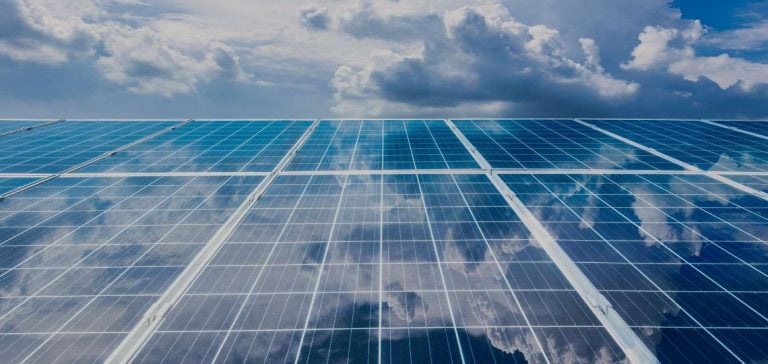TOYO specialized in solar solutions, has announced its intention to create a solar cell manufacturing facility with an annual capacity of 2 gigawatts (GW) in Ethiopia. This strategic investment responds to the growing demand for renewable energy solutions in the global market.
The Company has signed a lease agreement for a new facility located in Hawassa, Ethiopia. This location was chosen due to the country’s favorable investment policies, advantageous tariff status, and the abundance of available hydroelectric power.
Investment and Financing
The project represents an estimated investment of $60 million, financed through internal resources and pre-payments. TOYO plans to begin outfitting the new plant in November 2024, with production expected to start at the end of the first quarter of 2025.
The selected facility in Hawassa covers an area of 31,500 square meters and will be modified to meet the requirements of modern, automated solar cell production. Once completed, the new factory is expected to create up to 880 jobs, including positions in manufacturing and engineering.
Strategic Advantages
Ethiopia benefits from a tariff exemption for bifacial solar cells under Section 201 of the U.S. Trade Act of 1974. This measure allows TOYO to reduce import costs and optimize its international supply chain.
According to Mr. Junsei Ryu, CEO of TOYO, this ambitious project will enable the rapid increase of solar cell production capacity to meet the needs of the planned module facility in the United States. “Establishing this factory is a key step in our strategic vision to diversify our supply chain and enhance our sourcing capabilities for solar solutions in the global market,” he stated.
Green Energy and Carbon Footprint Reduction
Approximately 90% of Ethiopia’s electricity generation comes from hydroelectric power, 8% from wind, and 2% from thermal sources. The new facility will take advantage of this green power supply to advance TOYO’s goal of reducing the carbon footprint across its supply chain, an increasingly important issue for utility-scale developers in the United States, Europe, and other markets.
This facility will enhance TOYO’s production capabilities, increase efficiency, reduce costs, and respond more swiftly to market demands, positioning TOYO as a competitive key player in the renewable energy sector.
Economic and Environmental Impact
The development of this factory will contribute not only to the local economy by creating jobs but also to the global energy transition by increasing the production of eco-friendly solar cells. Utilizing local hydroelectric power reinforces TOYO’s commitment to sustainable and environmentally friendly practices.
Future Prospects
With this expansion, TOYO positions itself to meet the growing demand for solar solutions while strengthening its presence in the international market. The company also plans to continue its efforts in technological innovation to further improve the performance and sustainability of its solar products.






















